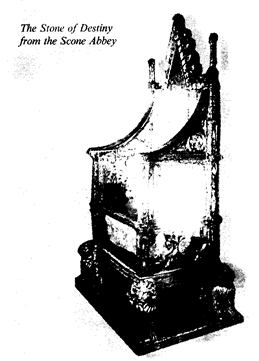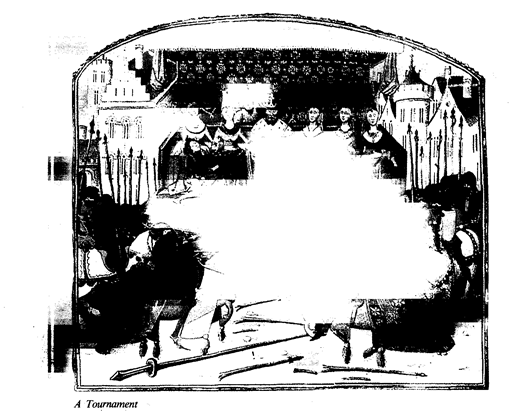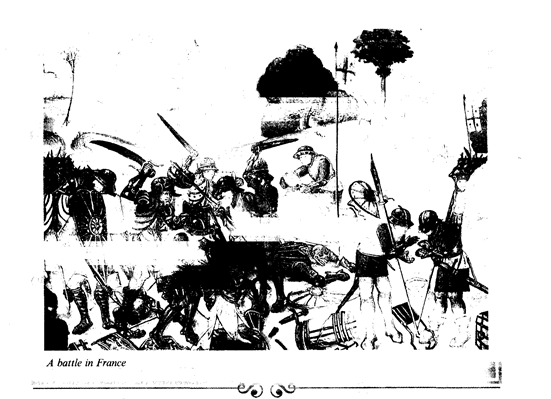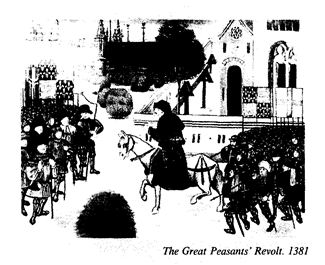
- Гідрологія і Гідрометрія
- Господарське право
- Економіка будівництва
- Економіка природокористування
- Економічна теорія
- Земельне право
- Історія України
- Кримінально виконавче право
- Медична радіологія
- Методи аналізу
- Міжнародне приватне право
- Міжнародний маркетинг
- Основи екології
- Предмет Політологія
- Соціальне страхування
- Технічні засоби організації дорожнього руху
- Товарознавство продовольчих товарів
Тлумачний словник
Авто
Автоматизація
Архітектура
Астрономія
Аудит
Біологія
Будівництво
Бухгалтерія
Винахідництво
Виробництво
Військова справа
Генетика
Географія
Геологія
Господарство
Держава
Дім
Екологія
Економетрика
Економіка
Електроніка
Журналістика та ЗМІ
Зв'язок
Іноземні мови
Інформатика
Історія
Комп'ютери
Креслення
Кулінарія
Культура
Лексикологія
Література
Логіка
Маркетинг
Математика
Машинобудування
Медицина
Менеджмент
Метали і Зварювання
Механіка
Мистецтво
Музика
Населення
Освіта
Охорона безпеки життя
Охорона Праці
Педагогіка
Політика
Право
Програмування
Промисловість
Психологія
Радіо
Регилия
Соціологія
Спорт
Стандартизація
Технології
Торгівля
Туризм
Фізика
Фізіологія
Філософія
Фінанси
Хімія
Юриспунденкция
Later Middle Ages

Edward I (1272-1307) was determined to strengthen his royal authority and his Kingdom. To do that he asserted his rule in all territories on the British Isles, especially in Wales and Scotland. He succeeded in imposing English rule on Wales: his son, who was born in a Welsh castle and "could spell not a word of English” at that time, later, in 1301 was created the Prince of Wales and ruler of the principality. Since that time the eldest son of the English monarch has been given that title.
Relationships between England and Scotland were similar to those between England and Wales, but the Scots had a greater degree of independence. Edward I had made several military raids to the Northern kingdom, seized the national treasure –the Stone of Destiny from the Scone Abbey (1296) but had failed to subdue the Scots. Edward I who had been called "the Hammer of Scots" died not far from the border of Scotland during his last abortive campaign to defeat the Scots.
The rule of his son, EdwardII (1307-1327) is traditionally characterized as a great failure of the hereditary principles of Monarchy: Edward II had no talent to be a King, but he was the eldest son and succeeded his father. He angered the barons by his foolishness, his extravagance, favourites and military defeats. His reign was a troubled one and he was deposed and forced to abdicate by the barons, assisted by his wife. He died, probably murdered, and was succeeded by his son, Edward III (1327-1377).
Edward III is recognized by historians as a passionate fighter, who was fond of tournaments, chivalry and battles. He instituted theOrder of the Garter and cultivated the spirit of chivalry at his court. He pursued a sensible policy of tolerance with barons, thus securing their loyalty. His commercial policies facilitated the development of wool trade and rise of prosperity. But the warrior king was eager to lead his knights in battles, so Scotland was his first rather hard prey as he had failed to subjugate it, though having taken its King David prisoner to England. The dynastic accident helped Edward III to start the Hundred Years' War (1338-1453) which was carried during the reigns of five English Kings.


Edward declared his claim to the French throne, as his mother had been the sister of Charles IV, king of France, who left no male heir when he died in 1338. This was a respectable enough reason for the war to return the lost English lands in France. The results of the first stage of the war were not as successful as the English had expected them to be. But several victories were won at sea (1340 at Sluys), and in the field– Gascony was recaptured, at Crecy the English archers made the King of France flee from the battle field, Calais after a long siege surrendered in the face of starvation. King Edward's eldest son,– Edward, the Black Prince, a warrior of a high reputation, in 1356 won a victory as Poitiers. In 1348 the outbreak of plague,"the Black death" dealt a terrible blow at the people of Europe and England. It was a terrible disaster, more than 1/3 of the English population died.
The economy and trade of England suffered and the social unrest was spreading due to the results of the economic, social, political and military status. Violence was sparked off by yet another polltax of 1381. People revolted against the tax-collectors and judges, in the south and south-east of England. The rebels, led by Wat Tyler and John Ball, a clergyman, marched to London, captured the Tower with the help of Londoners, killed the archbishop of Canterbury and the Lord Chancellor. John Ball was a radical opponent of the Church-lords and supported the ideas of John Wycliffe, the first reformer of the Church (1330–1384). He preached ideas of social justice: "When Adam delved and Eve Span who was then the gentleman?"

The Peasants' Revolt made far reaching demands: a charter of liberties, the end of all lordship except the King's, the end of serfdom, return of church land to people, etc.
The young King Richard II met the Kentismen face-to-face at Smithsfield. Wat Tyler was pronouncing their demands which were unacceptable to feudalism.
The King appeared to agree but during the negotiations Wat Tyler was treacherously killed and his head, set up on a spear, was shown to the rebels to persuade them to retreat from London and disband. Shocked and morally destroyed they obeyed only to be physically tortured and executed, John Ball was hanged. The punitive actions continued long into autumn. The Great Peasants' Revolt was defeated. But the ruling class had been badly frightened and the unpopular Poll Tax withdrawn.
Through a primitive faith in the King (a kindly king) senior lords prevented the peasants from any attempts to establish their power. But the rebellion undermined the strength and rule of the feudal class and as a consequence few barons dared to refuse the peasants attempts to buy freedom. Actually, peasant dependence in Britain disappeared by the 15th century and the Wat Tyler rebellion was instrumental in that.
King Richard II (1377-1399) after considerable civil struggle, eventually wrested the power from Parliament and the barons. He seems to have pursued a policy of revenge and high-handed despotism.
He brought Duke John of Lancaster's son Henry to England, but Henry gained enough support to take King Richard prisoner and cause him to abdicate in his favour. The House of Lancaster's Henry IV (1399-1413), Henry V (1413-1422), Henry VI (1422-1461)– were followed by the kings of the York family – two Edwards: Edward IV and Edward V, and Richard III, a hunch back, a cruel monster, deformed in body, mind and soul according to the Tudor historians).
There is a statement, that King Richard II was the last King from the House of Plantagenets – he was deposed and dethroned bythe House of Lancaster.But it is to be stressed, that the two new royal branches were related to the Plantagenets, were the derivatives of the main stem.
The 13th century was described by historians as a Plantagenet spring after a grim Norman winter.It was the century of the new gothic style in architecture, of Salisbury Cathedral, foundation of universities, the development of the Common Law & the Parliament, and the emergence of English as the language of the nation. The symbol of this spring can be seen in the lyrics "Summer is icumen in". But the following two centuries were filled with wars, discord and discontent.
The 14th century – brought the disasters of the Hundred Years War (1337-1453) the Peasants' Revolt 1381, the extermination of the population by the Black death (1348-1349) and punitive execution of the participants, with positive achievements in literature (Geoffrey Chaucer completes the Canterbury Tales (1393)),– architecture,– and further strengthening of the English language.
The 15th century saw the continuation of the struggle for the crown and the establishment of the Lancaster dynasty in the person of Henry IV, King of England (1399-1414).
Questions:
1. How did Edward I manage to impose English Rule on Wales?
2. What were the English relations with Scotland in the reign of Edward I?
3. What were the military and territorial ambitions of Edward III? Please give the dates of his rule.
4. What were the reasons of social unrest in England in the last quarter of 14th century? Speak of the Great Peasants' Revolt.
5. Why is the destiny of the last Plantagenet King RichardIIconsidered tragic?
6. Please give a concise characteristic of the 14th century.

Переглядів: 757